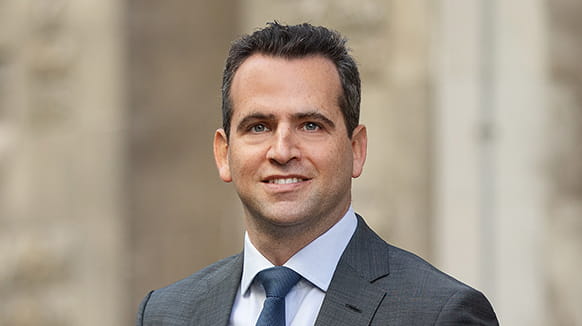Commercial contracts often include exclusion clauses which seek to exclude a party’s liability for the other party’s loss of profit in the case of a claim for breach of contract. Such clauses are an important means of allocating risk for such losses between the parties, especially as such losses can be very substantial and adequate insurance is normally not available to cover such losses.
The recent case of EE Limited v Virgin Mobile Telecoms Limited [2023] EWHC 1989 (TCC) considered questions of whether the losses sought to be recovered by one party, EE Limited (“EE”) against the other party, Virgin Mobile Telecoms Limited (“VM”) for a breach of an exclusivity obligation should be properly classified as a “loss of profit”, which was excluded under the agreement between them.
Background
The case concerned the provision by EE of 2G, 3G and 4G mobile network services to VM under a Telecommunications Supply Agreement (“TSA”). EE claimed that VM had breached its exclusivity obligation under the TSA to use EE’s network in providing services to VM’s customers. EE claimed substantial damages for losses representing amounts that it says VM would have been obliged to pay EE under the TSA if it had not breached the exclusivity clause.
VM denied that it was in breach. It argued in any event, that EE would need to take into account its costs of providing the services to customers which it no longer provided. VM also claimed that EE’s claim was excluded by clause 34.5 (a) of the TSA which excluded the parties’ liability to each other for “anticipated profits” or “anticipated savings”. The exclusion applied in all circumstances except in the case of wilful or reckless misconduct or gross negligence.
Postscript: The High Court’s decision is currently subject to appeal after permission to appeal was granted on 5 December 2023. A hearing before the Court of Appeal is scheduled to take place before 20 January 2025.

